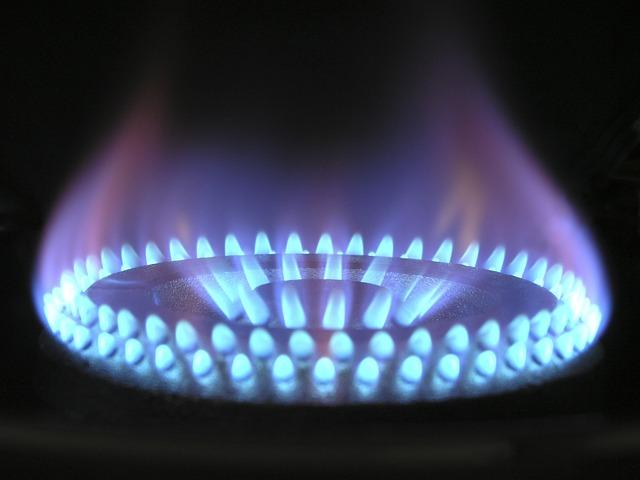
When it comes to fueling muscle growth, many people believe that a vegetarian diet may not be sufficient in providing the necessary nutrients for building and maintaining muscle mass. However, with the right combination of plant-based proteins, carbohydrates, and fats, it is absolutely possible to achieve muscle growth on a vegetarian diet. In fact, many athletes and bodybuilders have successfully built impressive physiques while following a vegetarian lifestyle.
In this article, we will outline the ultimate vegetarian diet plan for fueling muscle growth. By incorporating the right foods and supplements into your diet, you can maximize your muscle gains and achieve your fitness goals.
Protein is the building block of muscle, and it is essential to consume an adequate amount of protein in order to support muscle growth. While many people believe that animal proteins are the best source of protein for muscle building, there are plenty of plant-based protein sources that can provide the necessary amino acids for muscle repair and growth.
Some of the best vegetarian sources of protein include:
– Lentils: Lentils are a great source of plant-based protein, with around 18 grams of protein per cup. They are also high in fiber, which can help with digestion and overall health.
– Chickpeas: Chickpeas, also known as garbanzo beans, are another great source of protein for vegetarians. They contain around 15 grams of protein per cup, and are also high in fiber and other essential nutrients.
– Quinoa: Quinoa is a complete protein, meaning it contains all nine essential amino acids that the body cannot produce on its own. It contains around 8 grams of protein per cup, and is also high in fiber and antioxidants.
– Tofu: Tofu is made from soybeans and is a great source of protein for vegetarians. It contains around 10 grams of protein per half cup, and is also high in calcium and iron.
In addition to these protein sources, it is important to incorporate a variety of fruits, vegetables, whole grains, and nuts and seeds into your diet in order to ensure that you are receiving all of the necessary nutrients for muscle growth. Fruits and vegetables are high in vitamins, minerals, and antioxidants that can help support overall health and muscle function.
Whole grains such as brown rice, quinoa, and oats are rich in complex carbohydrates, which are important for providing the energy needed for workouts and recovery. Nuts and seeds are high in healthy fats, which are essential for hormone production and overall health.
Supplements can also be beneficial for vegetarians looking to maximize their muscle gains. Plant-based protein powders can be a convenient way to increase your protein intake, especially after workouts when a quick source of protein is needed for muscle repair and growth. Creatine monohydrate is another popular supplement that has been shown to enhance muscle strength and size, and is safe for vegetarians to use.
In addition to diet and supplements, it is important to incorporate regular strength training and cardiovascular exercise into your fitness routine in order to maximize muscle growth. By combining a well-rounded exercise program with a balanced vegetarian diet, you can achieve your muscle-building goals and maintain a healthy lifestyle.
In conclusion, a vegetarian diet can absolutely support muscle growth when the right foods and supplements are incorporated. By focusing on plant-based protein sources, whole grains, fruits, vegetables, and nuts and seeds, you can provide your body with all of the necessary nutrients to build and maintain muscle mass. With a balanced diet, regular exercise, and proper supplementation, you can achieve the physique you desire on a vegetarian lifestyle.


















